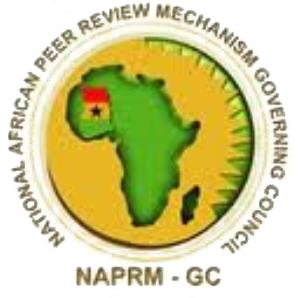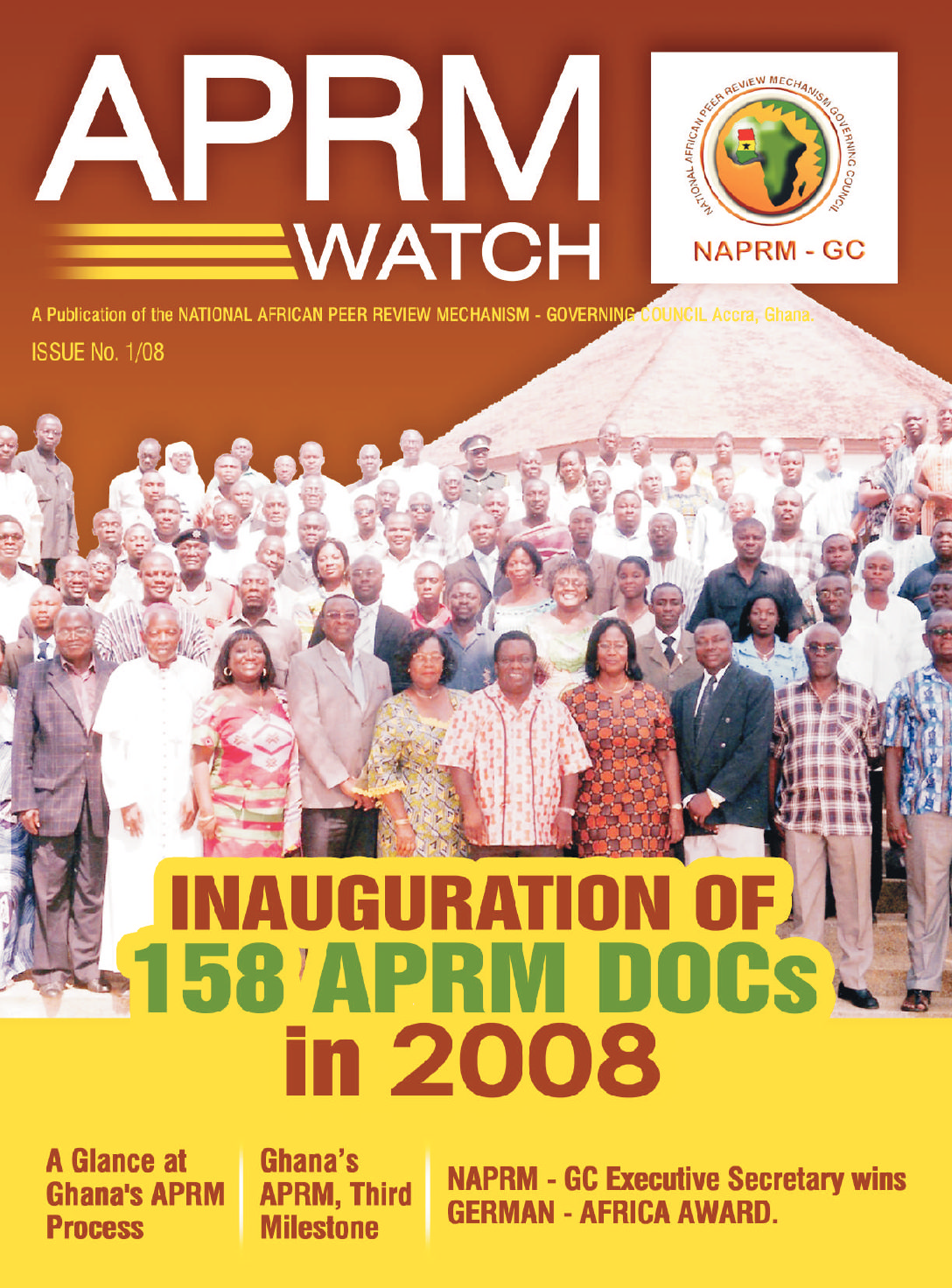In November 2009, the National African Peer Review Mechanism was invited to attend the international conference on the Joint Africa-EU Strategy: Partnerships with the Poor, held in Bonn, Germany.
The conference was organized by VENRO, the umbrella Association of independent and church-related NGOs working in development cooperation, emergency assistance, development education, and advocacy. It was held in conjunction with CONCORD, the mother organization of VENRO and Deutsche Welle. The focus of the conference was on Governance and Gender, Sustainable Energy for Africa’s Development, and Regional Integration and Trade. The conference was held to take stock of progress made by the Africa-EU Strategy meeting held in 2007 by African and European Heads of State and Government as part of efforts to attain the Millennium Development Goals. The three Major topics were “Local Power and Women’s Rights: Potentials and Constraints of Decentralization for Gender Equality.”
“Ways out of the Fossil Dead-End Sustainable Energy for Africa’s Development,” and Get modern or get out – How can Trade. Regional Integration and Infrastructure Contribute to Poverty Eradication. Participants were from Nigeria, Uganda, Mozambique, Kenya, Cameroun, and South Africa and Development Partners.
I was a member of the Panel on Local Power and Women’s Rights with the Director of Gender Empowerment and Development in Cameroun, Tilder Kumichii, Founder and Board member of the Centre for Women in Governance in Uganda, Dr. Maria Matembe, senior programme manager of GT2, Jutta Barth, Joanna Maycock of Concord and Ute Schaeffer, Head of African Languages DW-Radio, Deutsche Welle Germany.
Tilder Kumichii shared the difficulties women in Cameroun go through to get into mainstream politics. She talked about women like her who in spite of their equal efforts with male counterparts on election campaigns get to become “shadow parliamentarians” who get to speak only when the men are absent or when they choose to give their subordinates a chance. She noted that although there is a Women’s Ministry, it comes in the news only on international women’s Day in early March when people are virtually forced to buy special fabrics produced by interest groups that are not women’s groups. She concluded that during political campaigns, the conspicuous role of women is the singing of the praises of male contestants! Dr. Maria Matembe of Uganda also presented the case of women who are saddled with traditional practices like bride price and female genital mutilation among others which affect political growth. She emphasized that nobody has put women in the centre of governance so there certainly cannot be a discussion on the decentralization of women in local politics. This inequality she said brings up strongly the need for women to work harder to change this position. Dr. Matembe commended Ghana for her democratic achievements and wished the country well.
When it came to the turn of Ghana, I acknowledged that the Chief Justice is a woman, the Speaker of Parliament is a woman, the Head of the National Development Planning Commission is a woman and the CEO of the Chamber of Mines is a woman but there is still a cry for the government to fulfill its campaign promise of giving 40% of appointments to qualified women. I shared the innovation of the National African Peer Review Mechanism Governing Council where a new wind of change is blowing in the communities with its empowerment of the grassroots to play their expected roles in the local governance system.
With the introduction of District Oversight Committees, which perform the monitoring and evaluation of activities on behalf of the Governing Council, many in the communities have moved from oblivion into the limelight and are very excited and confident about their new participatory role. I emphasized the fact that the APRM Governing Council insists on gender equality in the membership of the Oversight Committees and without satisfying this requirement, the Committee will not be inaugurated into office and the district will be the loser. This no doubt has brought about a reawakening which will eventually change the old order of male-dominated institutions and positions to equal representation even at the national level. The striking significance is that, if men choose to go it alone, the APRM will ask them to go back and bring their women counterparts.
At the end of the presentations, it was agreed that women need to hold hands tighter and embark on new and effective strategies that will help to nurture more women to push the agenda of women to the front burner. The need for transparency, accountability, capacity-building, greater partnership with the media and closer networking even across boarders came up strongly. This way, women advocates could travel to another country to support other women to participate and win elections.
The panel on regional trade and integration identified the need for Africa to focus on regional integration and intra-trade to address the sidelining and heartaches experienced by Africa at global gatherings where her contributions go unrecognized. The example of the successful trade amongst some countries in the southern Africa region was shared alongside the call for Africa to present a united and committed leadership to present a positive image.
By Cornelia Amoah- Public Affairs Officer, NAPRM-GC

 newsletter-compressed
newsletter-compressed